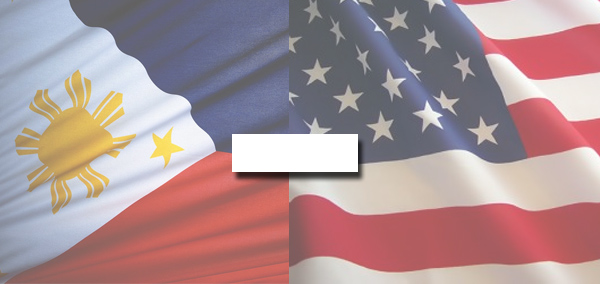 On July 18, 2013 countless headlines on blogs shared this breaking news: Jay Z dropped the hyphen between "Jay" and "Z." Despite the fact this version of his name already appeared in credits for 2011's Watch the Throne, each news source kept "investigating" the official switch and consequently raised a question: why should anyone care? The Guardian inched closer to any meaning when it mused, albeit humorously, that the rapper "prefers the Jay and the Z to stand on their own as proud, separate entities." Perhaps, there was a point hidden in the punctuation.
On July 18, 2013 countless headlines on blogs shared this breaking news: Jay Z dropped the hyphen between "Jay" and "Z." Despite the fact this version of his name already appeared in credits for 2011's Watch the Throne, each news source kept "investigating" the official switch and consequently raised a question: why should anyone care? The Guardian inched closer to any meaning when it mused, albeit humorously, that the rapper "prefers the Jay and the Z to stand on their own as proud, separate entities." Perhaps, there was a point hidden in the punctuation.
Someone recently asked me why I used the label Filipino-American, with the dash, as opposed to just Filipino American, without the dash. I was not sure how to respond because including a hyphen as a statement was not a deliberate choice, but it opened dialogue about the implications of labeling something or someone "Filipino-American." This was at the start of Filipino American History Month, and I mulled over the idea for the rest of October. We use "Filipino-American" to indicate our community and experience as separate from native Filipinos, yet tacking on "-American" may emphasize an allegiance to the latter. Meanwhile, allowing the two cultures to stand together untied may signify both as those "proud, separate entities." So, why is that "-" bridge there?
In google searches of both terms and scan of recent articles on The Inquirer both "Filipino American" and "Filipino-American" are published interchangeably. As far as I know, there isn't a standardized title for the Fil-Am demographic. That dash embodies the phenomenon of a "hyphenated identity"– a phrase used to explain the second generation straddling between immigrant parents' cultural upbringing and environment of their adapted home. It seems to signify a state of transition. But, if your parents arrive as "Filipinos" and assimilate alongside their kids as "Filipino-Americans," does that mean the transition is leading to an endpoint of being simply "American"? In an op-ed, "What is Filipino-American?" Jose Montelibano writes,
"By holding on to the word 'Filipino,' Filipino-Americans must realize that there are implications when doing so. The word 'Filipino' is a term that is alive, representing a race and a motherland. If there is no strong attachment to one’s race and one’s motherland, there is no reason or benefit to continue identifying oneself as 'Filipino' when one is already an American."
Montelibano has a more black and white understanding of hyphenated identity, but makes a valid point: claiming the title "Filipino-American" indicates choice. Combining the two into one word is choosing to experience both cultures uniquely combined (think Fil-Am students creating a PCN on the Fil-Am experience). Keeping the space between the two cultures is choosing to examine a Filipino heritage apart from American (think Filipino events paying homage to native traditions). Both are questionable interpretations, and frankly, I can't help but wonder what there is to gain from picking the punctuation apart. The hyphen leaves questions hanging in the air, ones I felt were partly answered by Emily Noelle Ignacio in her book Building Diaspora,
"Many people wish to learn about their culture because they want to recapture the power to name themselves. That is, they need an identity not only so that they know their own roots, but so that others can learn of their roots as well."
Titles like "Filipino-American" are inherently public. It is plastered on event pages, fliers, and headlines. By subscribing to being a "Filipino-American," you carry the culture. You introduce it for others to engage with. You are saying you are both Filipino and American–and you are not one without the other.
Photo credit: Constitution Club and 3.BP.Blogspot

